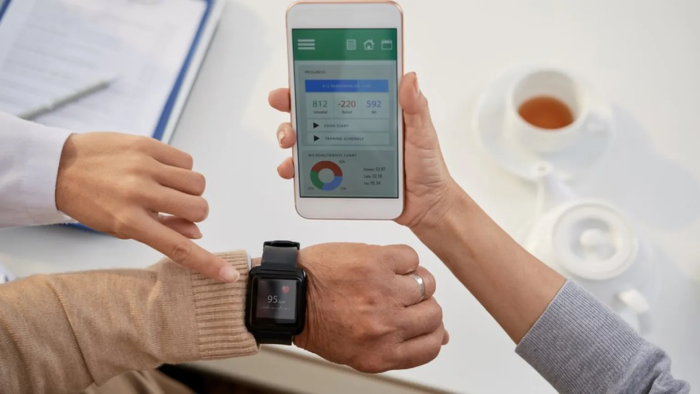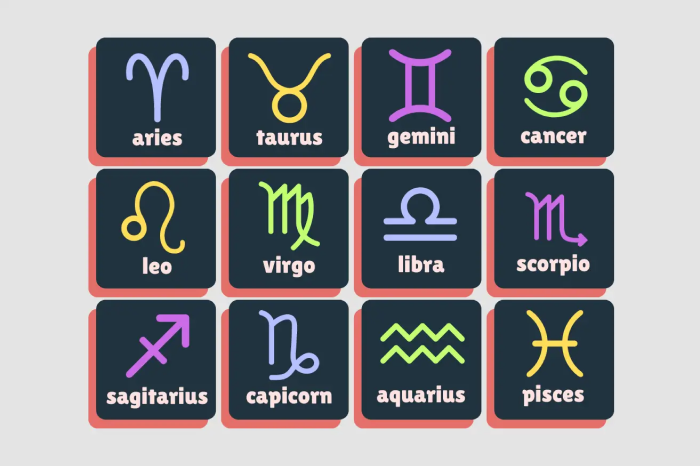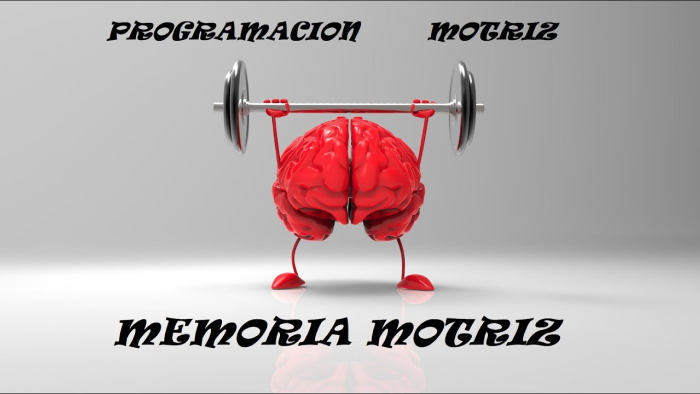AI Apps to Monitor and Predict Chronic Disease Crises
Advances in technology have transformed the way we deal with health, especially in the treatment and control of chronic diseases. Among the most impactful innovations are applications that use artificial intelligence (AI) to monitor vital signs and predict attacks of diseases such as diabetes, hypertension, asthma, heart failure and even epilepsy.
These apps represent a giant leap forward in personal health management. By collecting and analyzing data in real time, they can identify patterns, anticipate risks, and issue personalized alerts. This allows patients to act quickly to avoid complications, reducing hospitalizations and improving quality of life.
If you or someone close to you lives with a chronic illness, knowing the best apps that use AI to monitor and predict crises can be a game-changer in the search for a safer and healthier life. Keep reading to find out how these tools work and which ones are the most reliable!
What are applications that use AI to monitor and predict chronic disease flare-ups?
Applications that use AI to monitor and predict chronic disease flare-ups are platforms that collect biometric data — such as blood pressure, blood sugar, heart rate, oxygen saturation, and behavior patterns — and analyze this information using advanced machine learning algorithms.
These apps can detect subtle variations that indicate imminent risks of crises, allowing patients and healthcare professionals to intervene preemptively. Artificial intelligence makes these systems increasingly accurate, continually learning from new data to offer increasingly better predictive diagnoses.
In addition to real-time monitoring, many of these apps provide practical guidance to avoid crises, adjusting recommendations based on user history and behavior.
Discover the top 5 apps that use AI to monitor and predict chronic disease flare-ups
We have selected the most recognized and effective applications that apply artificial intelligence to improve care for chronic diseases:

- One Drop : For diabetes and hypertension, uses AI to predict glucose and blood pressure variations, offering personalized tips. Play store
- Glooko : Integrated platform that connects medical devices and analyzes data to predict hypoglycemia and hyperglycemia risks. Play store – Apple store
- MySugr : In addition to monitoring diabetes, the app learns from the user’s eating and exercise habits, helping to anticipate crises. Play store – Apple store
- CarePredict : Focused on older adults with chronic conditions, it detects subtle changes in behavior that may signal worsening conditions such as heart failure or Alzheimer’s. Play store – Apple store
- Health2Sync : Uses AI for diabetes management, predicting flare-ups based on daily patterns and offering diet and medication adjustment recommendations. Play store – Apple store
These apps don’t just record information: they act as true smart health assistants, improving ongoing and preventative care.
Top Benefits of Using AI Apps for Chronic Diseases
The use of AI-enabled applications in healthcare offers transformative benefits, especially for those living with chronic diseases. The first major benefit is the anticipation of crises , which reduces the severity of episodes and the need for emergency hospitalizations.
Another crucial point is real-time monitoring , which allows for quick action in the event of any dangerous changes in vital signs. This provides greater safety for the patient and peace of mind for family members and caregivers.
Furthermore, these apps promote education and autonomy , as they provide personalized tips to improve lifestyle habits, medication adherence and stress management, fundamental factors for controlling chronic diseases.
How do apps that use AI to monitor chronic diseases work?
These apps work by continuously collecting and analyzing data. They can connect to wearable devices (such as smartwatches, blood glucose meters, or heart rate monitors) or receive manual records of daily measurements.
Step by step guide to using One Drop:
- Download One Drop from the Play Store or App Store.
- Set up your profile with medical information such as type of diabetes, insulin use, high blood pressure medications, or other relevant data.
- Connect compatible devices or manually record data such as blood sugar, blood pressure and weight.
- Let AI analyze your daily eating, exercise, and medication patterns.
- Receive personalized predictions and alerts indicating when there is a higher risk of hypoglycemia, blood pressure spikes or other problems.
- Follow the recommendations for adjusting your diet, exercise routine or dosage, always in partnership with your doctor.
This process guarantees continuous, intelligent and much more effective care in preventing serious crises.
The reliability of AI-powered applications for monitoring chronic diseases
The reliability of applications that use artificial intelligence in healthcare has increased rapidly, thanks to rigorous clinical validations and the constant evolution of machine learning algorithms.
Many of these apps are approved by health regulatory agencies or used in medical programs at leading hospitals, which attests to their effectiveness. However, it is essential to remember that, despite their high technology, these apps are support tools and do not replace traditional medical monitoring .
Conscious use, combined with regular consultations and laboratory tests, further enhances the benefits of these platforms.
Essential precautions when using AI apps to monitor chronic diseases
Even with all the technology on board, it is important to take some precautions to ensure safe and effective use of AI-based health applications:
Practical tips for better use of apps:
- Enter data accurately to ensure AI analyses are reliable.
- Update your health information regularly in the app.
- Use approved devices for automatic data collection (blood glucose meters, quality smartwatches, etc.).
- Communicate frequently with your doctor , sharing the reports and predictions generated by the apps.
- Do not replace medical treatment with automatic suggestions , use the recommendations as additional support.
These precautions ensure that artificial intelligence works in your favor in a safe and efficient manner.
Are AI-powered apps for monitoring chronic diseases worth it? Final thoughts
There is no doubt that applications that use AI to monitor and predict chronic disease crises represent an extraordinary advance in the field of digital health. They bring autonomy, security and quality of life to those who need to manage complex conditions on a daily basis.
However, the successful use of these technologies depends on the intelligent integration of technology, patient awareness and traditional medical support. With discipline, common sense and professional monitoring, these applications can become powerful allies for living with greater health, control and peace of mind.
If you live with a chronic illness or care for someone who does, investing time in learning about and using these apps can make all the difference for a safer, healthier future.






